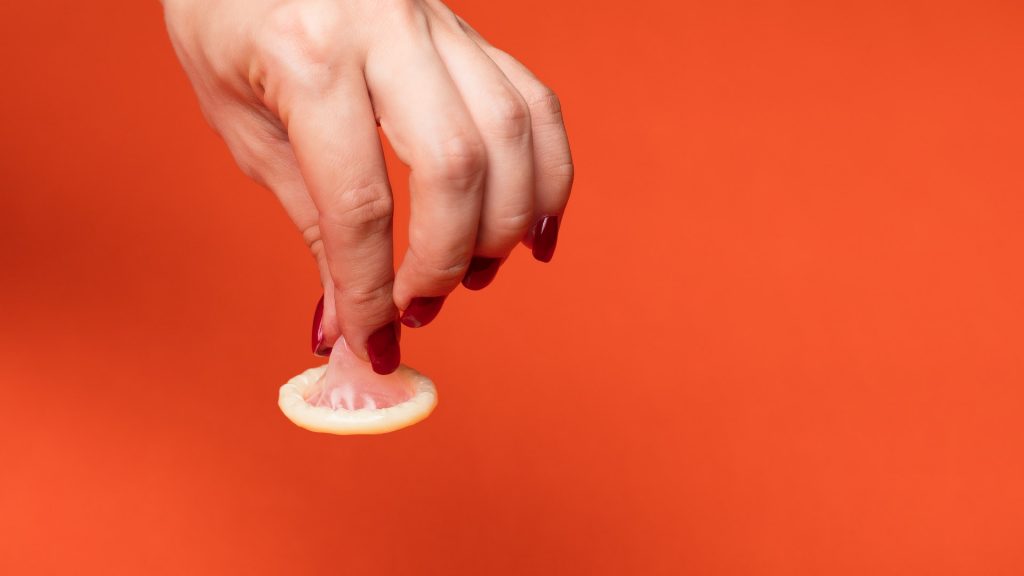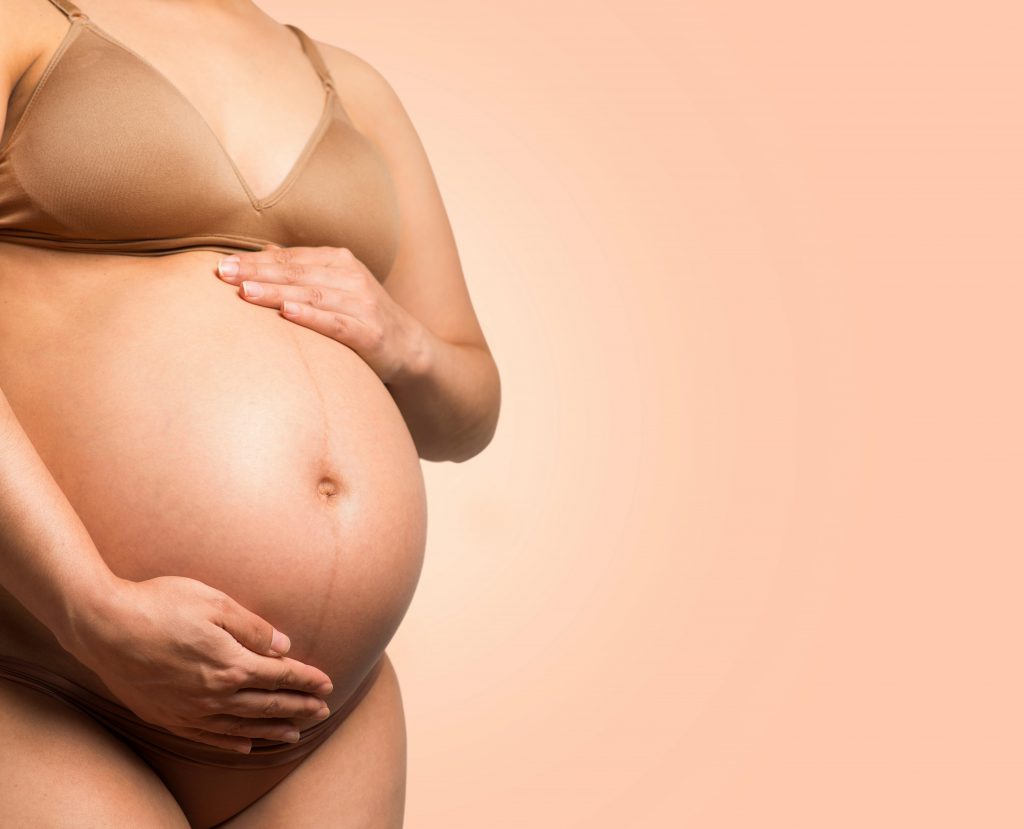Birth control after giving birth might be the furthest thing from your mind, but it’s something you should seriously consider, even if you plan on having another child soon.

Why you should consider birth control after giving birth
It’s very possible to fall pregnant very soon after giving birth. In fact, it’s not unheard of for a woman to enter her six-week postnatal doctor’s appointment and be pregnant again.
But this doesn’t always spark joy for doctors. That’s because becoming pregnant too soon after delivery could spell danger for both mom and baby. This applies even more if there were complications in your pregnancy.
One study of almost 150 000 pregnancies found that for women over the age of 35, short intervals between pregnancies saw riskier pregnancies for moms, while pregnancies in women under 35 had greater risks for the baby. Some risks include birth defects, growth restrictions for the baby and premature births.
According to the World Health Organization, women should wait 24 months before becoming pregnant again. This would allow the body to recuperate from the birth and pregnancy.
Breastfeeding as birth control after giving birth
It’s unclear why, but when a body is breastfeeding, menstruation halts, a phenomenon known as the lactational amenorrhea method (LAM). When menstruation occurs, it suggests ovulation has taken place, meaning reproduction can take place. However, there are conditions that need to be in place to make LAM an effective birth control method:
- LAM is only effective for six months. After this, ovulation occurs.
- You’d need to breastfeed every four to six hours
- Any break from breastfeeding, in the form of overnight breaks or travel, or even missing a feed from the breast specifically (expressed milk doesn’t count), could throw your body out of the menstruation-free zone, opening up the possibility for ovulation. Keep in mind that ovulation can also occur two weeks before menstruation.
Experts agree that while it’s possible to use LAM as a form of birth control, it’s not an exact science, so it’s best to add extra precautions, like condoms or another kind of birth control.
Other birth control
If you’re breastfeeding but are looking at birth control, opt for something without oestrogen – this hormone could reduce your supply of breast milk. Rather use progestin-only birth control, like the Mini Pill, the injection or the implant. Using a longer-term birth control, like an implant or IUD can be an effective way to ensure you’re protected while caring for your newborn.
“Have a good discussion with your healthcare provider before or just after delivery to help reassure and explain through any misconceptions you may have. The best thing is to have contraception sorted on discharge,” says Dr Ayo Oduntan, Zoie Health doctor.
IUD’s are also an option, but would need to be inserted within 48 hours after giving birth for full efficacy.
Long-action contraception after birth, like the injection, implant or the IUD might be a better option for new mothers who are otherwise busy with their newborn. They are also reversible options, should you want to try for another baby.
“It is extremely important especially for those that have had C-sections to choose something longer term to allow their bodies to heal from the operation,” says Dr Ayo. “Choosing something unreliable like breastfeeding and risky like the pill will increase her chances of becoming pregnant while she is still recovering from the op.”
If you opt out of birth control entirely but have an accident, it’s not advised to use emergency contraception. If you’re still breastfeeding, this will feed into your breast milk.
The Takeaway
When you’re pregnant, consider any planning for extra family members, but don’t forget to take care of your own body and make sure you’re healed and ready to facilitate the birth of another human. Birth control after giving birth can help you heal faster.
Sources: Medical News Today, NHS UK, Healthline, Department of Health of Victoria, Australia









